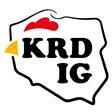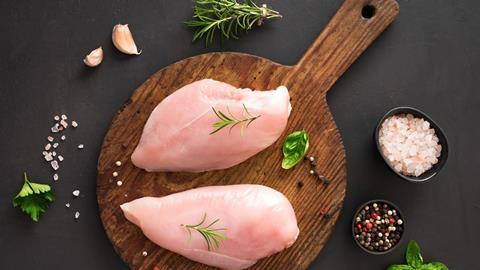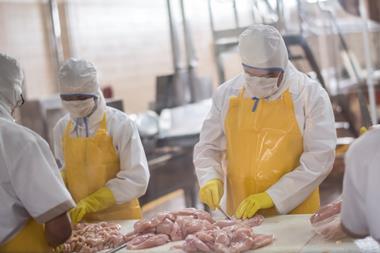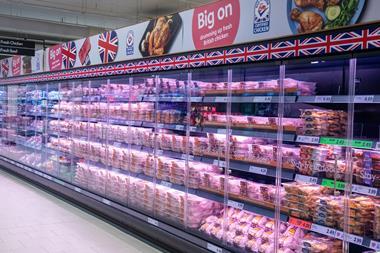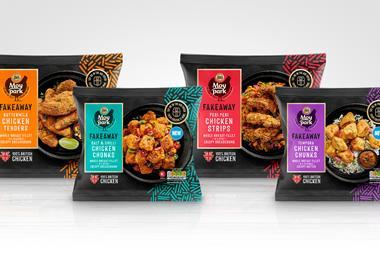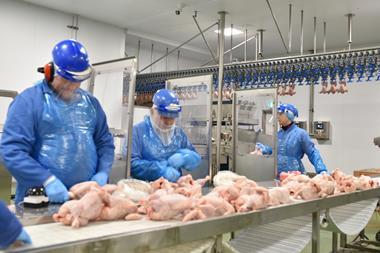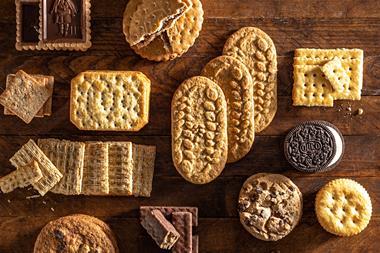With British shoppers seeking reassurance on the production transparency and provenance of their food, poultry suppliers are having to satisfy these high expectations. And Poland’s poultry industry believes it has a strong card to play.
UK consumers’ attitudes and habits have undergone a change in recent years. Not only do they demand quality and value for money but issues such as safety, sustainability and animal welfare have become more important concerns. And never more so for suppliers of the UKs most popular protein – chicken.
Poultry accounts for around half of the meat consumption in the UK, outstripping lamb, pork or beef, with Brits favouring chicken breast over other parts of the carcass. According to The Grocer’s Top Products 2023, chicken is now grabbing market share from more expensive proteins, shifting an extra 5.9 million kilos as people focus on more cost-effective meats as inflationary pressures bite.
And growth looks set to continue. A report by The Organisation for Economic Co-operation and Development (OECD) and the Food and Agriculture Organization of the United Nations (FAO) predicts that poultry meat will continue to be the primary driver of meat production growth during the current decade. This will be driven by a range of factors including pricing to carbon footprint concerns.
Consumers have some demands and expectations that will dictate their purchasing habits with safety issues such as avian influenza (HPAI) and salmonella, along with animal welfare standards becoming an increasing focus.
A recent online poll of 2,089 UK adults by welfare charity RSPCA found that 87% of shoppers expected supermarkets to ensure all the chicken they sold was farmed to higher welfare standards. It also found that 79% of consumers believed animal welfare was important when deciding which meat products to buy.
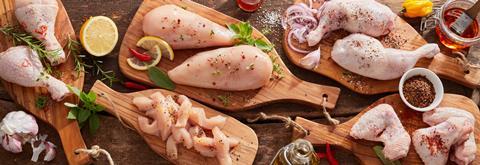
Poland: emphasis on safety and welfare
Recognising the increasingly stringent demands of UK consumers, Poland’s poultry industry believes it has a lot to offer the market.
Poland is the biggest European Union (EU) producer of poultry and the third-largest exporter in the world. It produces over 3m tonnes of poultry (meat and processed products) a year with the majority (82%) being chicken, around 15% turkey and the remaining being duck and geese. It exports over 54% of its production, with over 66% of this exported within the EU territory and the remaining to over 100 countries such as the UK and those within the African continent.
Ensuring its supply chain meets food safety and welfare standards is a major priority for Poland’s poultry industry as the UK is an important export destination. To the year ending November 2022, Poland exported 150,000 tonnes (t) of poultry, mainly chicken, to the UK. Almost 70,000t of this comprised processed products, such as ready-to-eat and ready-to-cook.
The country is a self-sufficient chicken producer and manages its total poultry production, meaning that it has close control over its traceability and provenance, says Dariusz Goszczyński, president of the National Poultry Council in Poland.
“Safety is the most important thing for every consumer and it is so important for producers,” he says. “We are in the EU, and we can assure consumers with our multi-level security procedures. Those procedures come from EU legislation, which is recognised as the most demanding, most detailed and highest in the world.”
The whole production process is overseen by veterinarians supervising the flocks daily and inspections, which conduct stringent checks on the animals and the meat.
Poland’s production system is newer than many other European countries, as its entry to the EU in 2004 saw rapid development and major foreign investment from experienced poultry producers from Germany, the Netherlands, the UK and France. “What is important is that, together with those investments, we were able to start to set up the most modern installations, factories and plants in Europe,” says Goszczyński. “Our quality comes from our domestic supervision system but also from the know-how that came to us through companies that invested in us.”
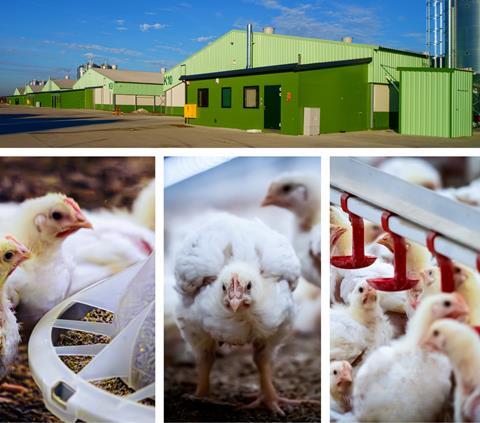
Three pillars of sustainability
Poland’s policy of sustainable development is based primarily on the ‘farm to table’ principle, which means constant monitoring of the food production process at every stage, including a holistic approach to breeding, confirms Goszczyński. The country focuses on three pillars to achieve its sustainability goals – environmental, social and economic. “Only when all those pillars are well balanced can we talk about sustainable production,” he says.
Producers are also investing in greener technologies with plants introducing solar panels and shifting to greener energy sources with many going beyond EU regulations, Goszczyński adds.
With the EU legislation that controls Poland’s animal welfare standards some of the most sophisticated and strictest in the world, Poland’s poultry industry uses 100% plant-based feed, anti-stress toys, perches and platforms, greater freedom of movement, bedding that allows for digging, innovative ventilation systems ensuring constant access to fresh air, use of water heaters, as well as automatic watering and feeding systems.
Also, the Institute of Nutrition and Breeding of Polish Chicken promotes breeding in natural sunlight, and there is a focus on the importance of developing a breeding system that balances emissions by using renewable energy sources and a closed-loop economy.
The last pillar is economic, which Goszczyński admits is especially important with the current high inflation climate. “Thanks to modern production models we can guarantee quality and safety but also adequate production economics,” he adds. “If we go too far with the cost of production, consumers can’t afford it and it is important that products must be at a price that is affordable for consumers.”
International commerce
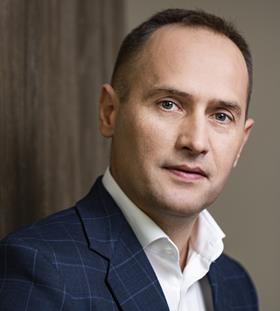
Confidence in the safety of Polish poultry as well as its ability to offer a range of products from halal to free range, has seen a raft of new international trade deals signed. In 2023, the country brokered a deal with the Philippines which allowed Polish poultry into its market. reveals Dariusz Goszczyński, president of the National Poultry Council in Poland (left).
Poland was also the first country in the EU where the Philippines recognised the Polish food safety system in relation to highly pathogenic avian influenza (HPAI). Poland has also signed an agreement with the USA on a veterinary certificate, which recognises its safety protocols. In addition, there have been talks with South Korea, Japan and Mexico and further plans to enter the Indian market.
“This proves that consumers, retailers and traders trust our quality and they recognise our product as safe and affordable,” he says.
To find out more about Polish poultry standards and international agreements, please go to https://polish-poultry.com/
